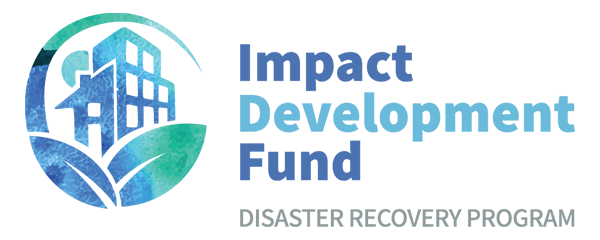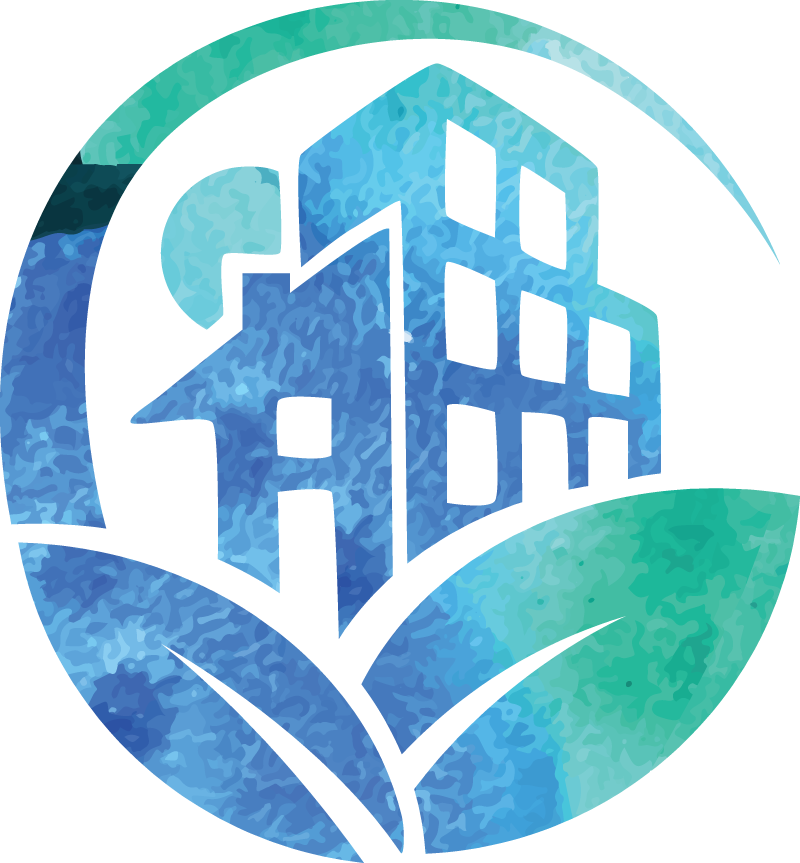Recovery,
Rebuilding,
& Resiliency
Recovery Support Program Now Accepting Applications.
Read the Program Guidelines and Apply Below.
NEW
Community Foundation Boulder County’s Recovery Support Program
Community Foundation Boulder County’s Recovery Support Program provides financial support to individuals and households in Boulder County who were fire-impacted, as well as smoke and ash- affected, and need assistance with immediate needs as a direct result of the Marshall Fire event on December 30, 2021, due to financial constraints.
News
Breaking News: Boulder County Wildfire Fund Sets June 2025 Deadline for CFBC Housing Support Program Applications
Breaking News: DOLA Announces Housing Recovery Program Document Collection Deadline of 4/15/2025, Plus Additional Program Close Out Deadlines
Breaking News: Boulder County Wildfire Fund Sets June 2025
Deadline for CFBC Rebuild
Grant Applications
Deadline for CFBC Rebuild
Grant Applications
Disaster Recovery Programs Formerly Administered by IDF
State of Colorado
Program closed 06/2025.
In order to be eligible for the Colorado Energy Office (CEO) Rebate Program, you must have a permit filed with your local building department by April 30, 2026. A certificate of occupancy and rebate application (including verification of correctly installed qualifying equipment) must be submitted by April 30, 2026. If you believe you fall within these eligibility requirements, please email ceorebate@impactdf.org regarding next steps or questions.
Boulder County
Community Foundation of Boulder County (CFBC)
Program closed 06/2025
Program closed 01/30/2026
Frequently Asked Questions
¿Habla español y necesita asistencia? Envíe un correo electrónico a la especialista en admisión, Elizabeth DeLeone, a elizabeth@impactdf.org. Elizabeth le ayudará a completar la solicitud. Si prefiere, también puede contactarla en su línea directa al (970) 541-2466
If you ever have any questions about where your application is in the review stage, you can email recovery@impactdf.org directly, for the specific program you are interested in, or you can call the Disaster Recovery office line at (970) 744-4835, and we will get back to you at our earliest availability.
It is our goal to help people qualify for these programs. Each category of this program has its own set of specific guidelines, calculation rules, and documentation needs. We understand that pulling additional documents together can be difficult, and we are sorry for the inconvenience that this may cause. Ultimately, as Program Administrator, it is our goal to help survivors qualify for all forms of funding assistance, within the parameters of the program guidelines.
For those who are restoring their home, the Smoke-and-Ash Program requires an initial Claim Statement and an updated Summary of Loss issued within the last six months or final statement of total insurance proceeds. CFBC’s Rebuild Grant requires an initial Claim Statement and a Summary of Loss that shows it is final or, if still open, that has been issued within the last 90 days.
Impact Development Fund will request an updated Summary of Loss. The Summary of Loss document’s name may also vary agency to agency (other examples include: Settlement Summary, Statement of Loss, or Coverage Payment Summary). This document will indicate an open insurance claim, how much has been paid out to date for all insurance coverages, and what remains to be paid. This will be a document issued by your insurance agency and should not be an editable form (i.e. Word Document), an excel document, or anything else that can be doctored..
We will not accept self-appraisals in lieu of direct documentation from your insurance carrier. The purpose is to help confirm a more accurate, up-to-date picture of your insurance payout, and thus helps confirm the “rebuilding gap” number — the difference between costs to rebuild and insurance received.
If you have not received a recent Summary of Loss, you can request one from your insurer. Insurance agencies are required to send a Summary of Loss upon request. If you are having issues receiving insurance documentation, you can reach out to the Division of Insurance in Colorado’s Department of Regulatory Affairs for assistance
If you are sending documents outside of the general application, we suggest using Dropbox. The Disaster Recovery Intake Team uses secured Dropbox folders, which notify the Intake Specialist when something is uploaded. We also suggest sending an email to the Intake Specialist you are working with or to the program email indicating that you would like to upload something into the Dropbox. If you have any questions about how to send documents, please call the Disaster Recovery hotline.
This is from the Department of Local Affairs’ website:
“Duplication of benefits is a review to determine if more funding was provided through various sources than was needed to complete the work of renovation or rebuilding after a disaster. Those receiving disaster assistance funding are asked during the process to list the resources they have available for the project and to sign an affidavit stating that the list is accurate. Federal regulations prohibit the State from providing assistance that duplicates any other benefits received and exceeds the total rebuilding or renovation need of the recipient. When determining the rebuilding gap to calculate an award, the State Housing Recovery Program (HRP) is required to consider all funding sources that applicants have available to them to help rebuild or repair.”
You can read more about what Duplication of Benefits is and how it might affect you on the Department of Local Affairs’ Duplication of Benefits webpage.
If you are in Housing Recovery Program underwriting, and you have been reached out to about this and are looking for the link to the online form, please click the button below and follow the instructions. If you have questions, please email hrphelp@impactdf.org.
CFBC’s Unmet Needs and ALE Programs require income verification. Applicants must demonstrate financial need and will be asked to submit information about their financial situation. They will be asked for a tax return or other income documents.
The Community Foundation of Boulder County’s Smoke-and-Ash Grant is intended for survivors of catastrophic smoke-and-ash damage and reviews these applications on a case-by-case basis. This program uses a 5-point system to confirm “substantial structural damage”, and the point system is outlined further in the program guidelines.
No. Impact Development Fund and Factual Data (the system that we pull Credit Reports from to qualify for a Traditional Loan through the Housing Recovery Program) do NOT sell information to any third party. Please see our Privacy Policy here.
Other lending organizations may obtain information using trigger leads, where an applicant’s information is sold by consumer reporting agencies for marketing purposes. Trigger leads are a type of prescreened consumer report under the FCRA and is a product offered by Equifax, Experion, and TransUnion. People can opt out of receiving pre-screened offers for five years or permanently by calling toll-free 1-888-5-OPTOUT (1-888-567-8688) or visiting www.optoutprescreen.com
Need Assistance?
Call Impact Development Fund’s
Disaster Recovery Office
Disaster Recovery Office
Disaster Recovery
Office hours:
Office hours:
Monday – Friday
8 am – 5 pm



